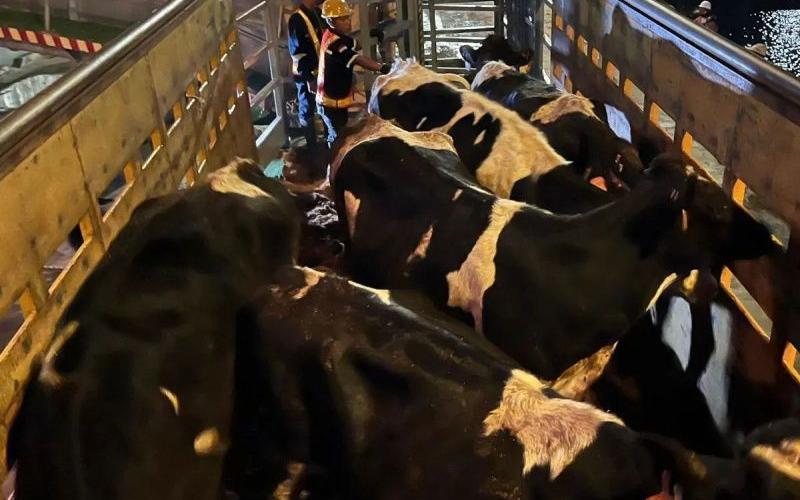Indonesia Expands Dairy Cattle Imports to Diversify Supply Sources
Sourse: en.antaranews.com
The Indonesian government announces a wider pool of countries for dairy cattle imports under its National Milk and Meat Production Acceleration Program, aiming for increased self-sufficiency.

The Indonesian government, as part of its ambitious National Milk and Meat Production Acceleration Program (P2SDN), has broadened its horizons by including new countries from which it will import dairy cattle. Previously dependent solely on Australia, Indonesia will now import cattle from nations such as New Zealand, Mexico, the United States, and, notably, Brazil—recognized as a foot-and-mouth disease (FMD)-free zone without vaccination.
"This is an opportunity for us. Relying on our supply from just one country would be limited," the Director General of Animal Husbandry and Animal Health, Agung Suganda, announced.
The strategy is aligned with a mandate from the 2025–2029 National Medium-Term Development Plan (RPJMN), aiming for the importation of one million dairy and one million beef cattle over the next five years. This expansion is aimed not at replacing domestic production but at accelerating national food self-sufficiency, as many of the imported cattle are pregnant and ready to reproduce. Additionally, the government has secured commitments from 196 dairy and 84 beef cattle businesses for this initiative.
To support this monumental task, the government is providing fiscal incentives like tax allowances, alongside non-fiscal support such as land provision and technical assistance, especially benefiting smallholder farmers and cooperatives.
"This is an opportunity for us. Relying on our supply from just one country would be limited," the Director General of Animal Husbandry and Animal Health, Agung Suganda, announced.
The strategy is aligned with a mandate from the 2025–2029 National Medium-Term Development Plan (RPJMN), aiming for the importation of one million dairy and one million beef cattle over the next five years. This expansion is aimed not at replacing domestic production but at accelerating national food self-sufficiency, as many of the imported cattle are pregnant and ready to reproduce. Additionally, the government has secured commitments from 196 dairy and 84 beef cattle businesses for this initiative.
To support this monumental task, the government is providing fiscal incentives like tax allowances, alongside non-fiscal support such as land provision and technical assistance, especially benefiting smallholder farmers and cooperatives.
Key News of the Week










